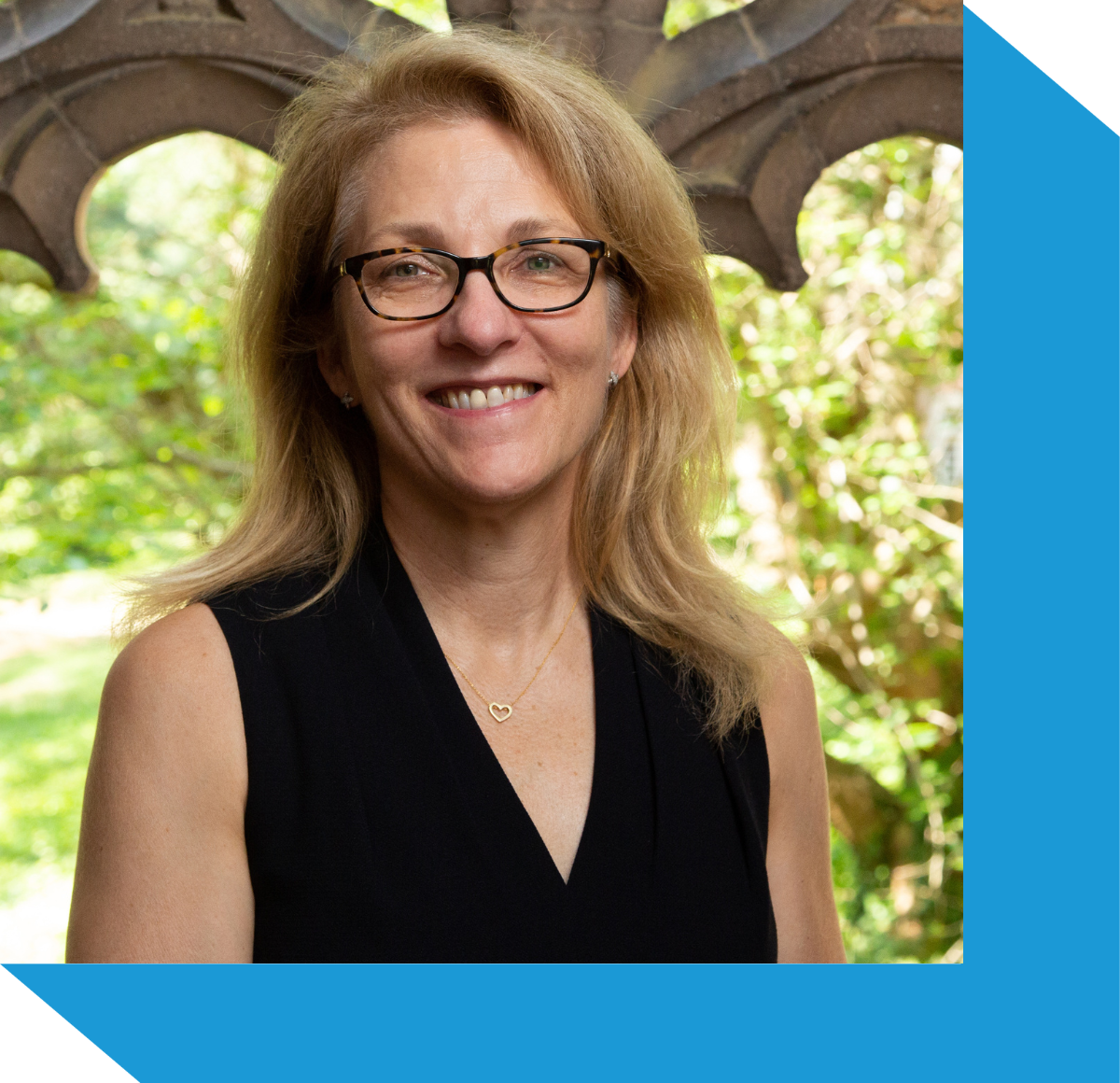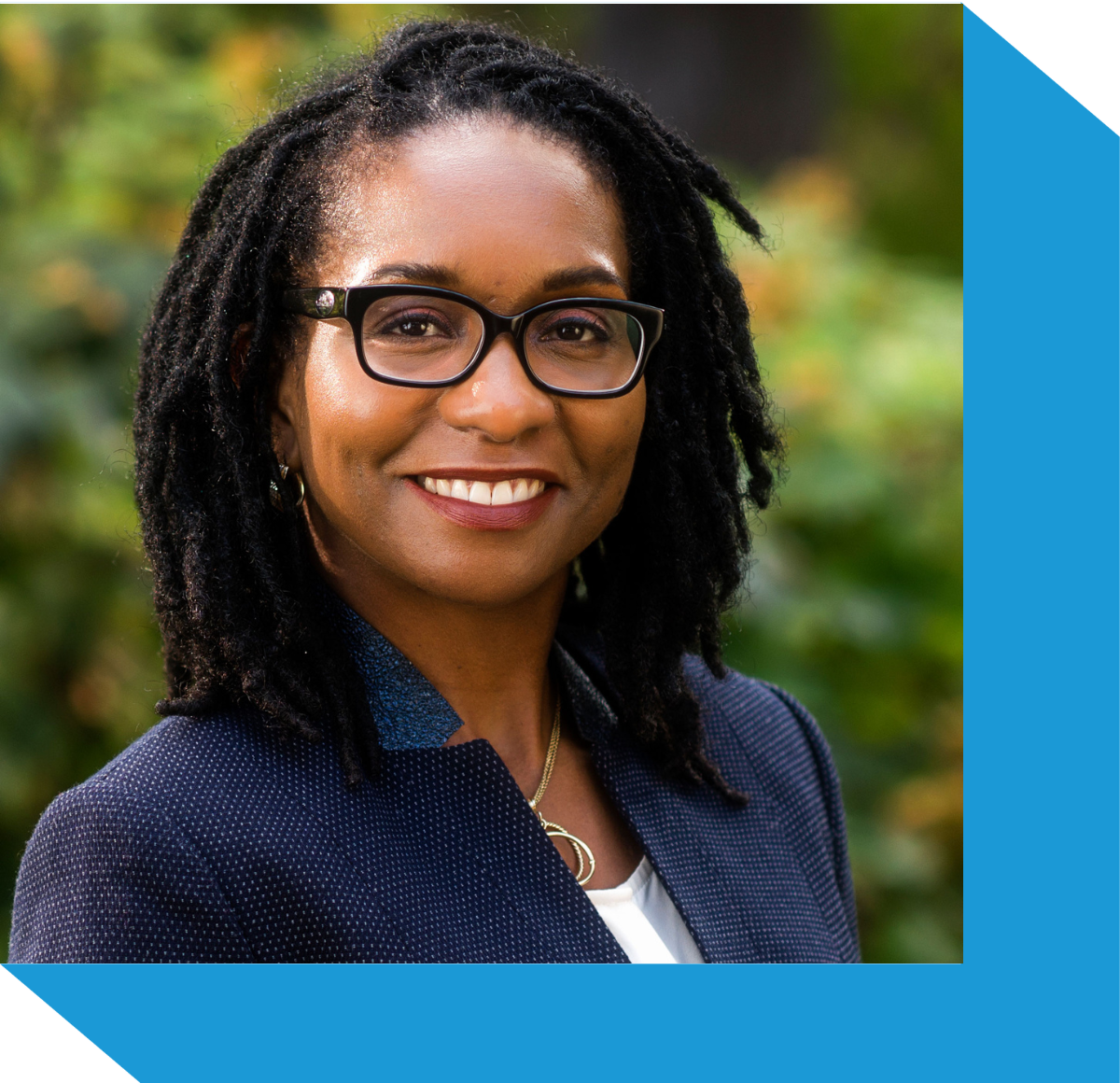- About MAA
- Membership
- MAA Publications
- Periodicals
- Blogs
- MAA Book Series
- MAA Press (an imprint of the AMS)
- MAA Notes
- MAA Reviews
- Mathematical Communication
- Information for Libraries
- Author Resources
- Advertise with MAA
- Meetings
- Competitions
- Programs
- Communities
- MAA Sections
- SIGMAA
- MAA Connect
- Students
- MAA Awards
- Awards Booklets
- Writing Awards
- Teaching Awards
- Service Awards
- Research Awards
- Lecture Awards
- Putnam Competition Individual and Team Winners
- D. E. Shaw Group AMC 8 Awards & Certificates
- Maryam Mirzakhani AMC 10 A Awards & Certificates
- Two Sigma AMC 10 B Awards & Certificates
- Jane Street AMC 12 A Awards & Certificates
- Akamai AMC 12 B Awards & Certificates
- High School Teachers
- News
You are here
MAA Distinguished Lecture Series

The MAA is proud to relaunch the Distinguished Lecture Series (funded by the Paul R. and Virginia P. Halmos Endowment Fund) - now in a virtual format! The lectures feature some of the foremost experts within the field of mathematics, known for their ability to make current mathematical ideas accessible to non-specialists. The presentations provide a fabulous and fun learning opportunity for both professionals and students, as well as anyone interested in learning more about current trends in mathematics and the relationship between mathematics and broader scientific, engineering, and technological endeavors.
Abstracts and speaker biographies will appear on this page as lectures are scheduled.
UPCOMING LECTURES
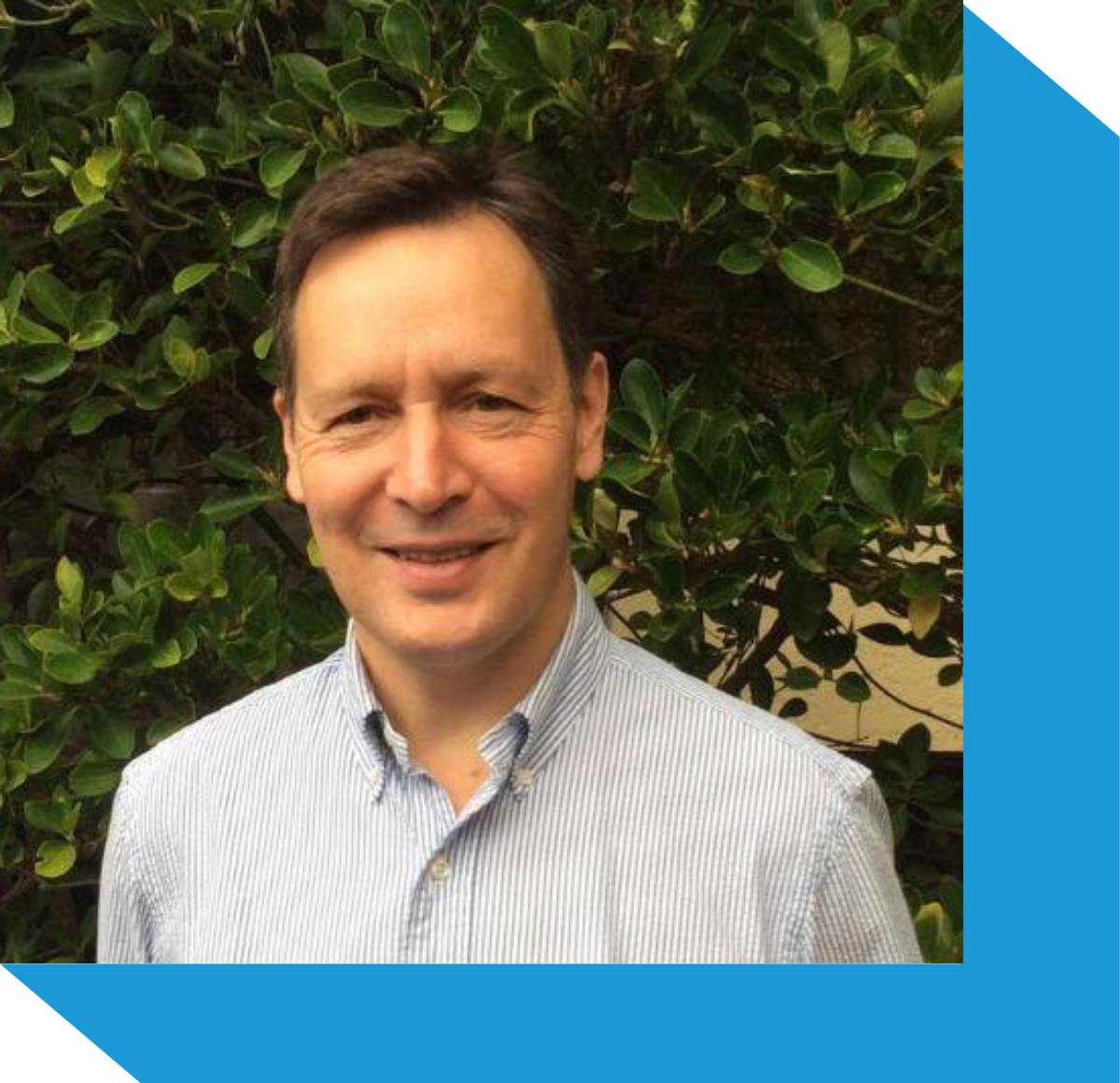 Bruce Buffett - Thursday, March 21, 2023
Bruce Buffett - Thursday, March 21, 2023
7PM E.T.
The Origin of Magnetic Fields in Terrestrial Planets
Magnetic fields are generated by fluid motion in the liquid metal cores of terrestrial planets. While numerical models offer valuable insights into the process, many of the details are still poorly understood because the models operate at conditions that are very far from the planetary setting. Historical observations on Earth cover a time interval too short to provide much help, so we turn to geological observations to understand the origin of the dipole field. The geological observations suggest that dipole trends are asymmetric in time. Increases in the dipole field are more rapid on average and occur less frequently than decreases in the field over timescales of several tens of thousands of years. This behavior is compatible with a field-generation mechanism that departs from standard arguments. Numerical models partially support the modified generation mechanism, although the level of asymmetry in the models is much weaker than that suggested by the geological observations. Speculations about future improvements in the numerical models suggest a convergence of models and observations as more realistic conditions are achieved.
About the Speaker
I was an undergraduate at the University of Toronto and completed my PhD in Geophysics at Harvard (with astronomer Irwin Shapiro as my advisor). I spent two years as a postdoc with Herbert Huppert at the Institute of Theoretical Geophysics, which was then part of DAMTP at the University of Cambridge. My first faculty position was in the Department of Geophysics and Astronomy at the University of British Columbia. I moved to the Department of Geophysical Sciences at the University of Chicago and later moved to UC Berkeley in the Department of Earth and Planetary Science.
PREVIOUS LECTURES
 Mine Çetinkaya-Rundel - Wednesday, November 15, 2023
Mine Çetinkaya-Rundel - Wednesday, November 15, 2023
7PM E.T.
Data Science in a(n Ever-Evolving) Box
Computation is foundational to all steps of the modern data analysis pipeline, from importing to tidying to transforming, visualizing, and modeling, to communicating data. However, this fact is generally not reflected in our traditional statistics curricula, which too often assume computing is something students can pick up on their own and courses should primarily cover the instruction of theory and applications. On the other hand, data science curricula put computation front and center. The rise of data science has given us an opportunity to re-examine our traditional curricula through a new, computational lens. In this talk, I will highlight how computation can support and enhance the teaching and learning of fundamental statistical concepts such as uncertainty quantification, and prediction. The talk will place these ideas within the context of a curriculum for an introductory data science and statistical thinking course that emphasizes explicit instruction in computing. Additionally, the talk will contextualize the course and its learning objectives in the larger context of an undergraduate statistics program.
About the Speaker
Mine Çetinkaya-Rundel is a Professor of the Practice and the Director of Undergraduate Studies at the Department of Statistical Science and an affiliated faculty in the Computational Media, Arts, and Cultures program at Duke University. Mine’s work focuses on innovation in statistics and data science pedagogy, with an emphasis on computing, reproducible research, student-centered learning, and open-source education. In addition to her academic position, Mine also works with Posit, where she focused primarily on education for open-source R packages as well as building resources and tools for educators teaching statistics and data science with R.
 Carla Cotwright-Williams - Wednesday, October 18, 2023
Carla Cotwright-Williams - Wednesday, October 18, 2023
7PM E.T.
Mathematics and Policy
How is data/math used to inform policy? This presentation will discuss current topics of interest in Science/Public Policy, how math is used, and how the outcomes are related to our everyday lives.
About the Speaker
Carla Cotwright-Williams is a Ph.D. mathematician who has a wide variety of diverse experiences across the federal government, academia, and industry. She's worked as an assistant professor of mathematics, senior research lead, computer scientist as well as the inaugural Chief of the former DoD AI Center of Excellence, Joint Artificial Intelligence Center. A former American Mathematical Society (AMS) Congressional Fellow, she continues to be active in service to the professional math community as the Chair of the AMS Committee on Science Policy.
 Federico Ardila-Mantilla - Wednesday, Sept. 27, 2023
Federico Ardila-Mantilla - Wednesday, Sept. 27, 2023
7PM E.T.
Hidden Patterns: The Shape of Multiplication
You probably had to memorize the multiplication table at some point in your life, but you may not have noticed that there are some beautiful shapes hiding within. We will discuss these hidden polyhedra and some other unexpected places where they appear.
About the Speaker
Federico Ardila-Mantilla is a Colombian-American mathematician and musician who works in combinatorics and geometry. He was an ICM 2022 speaker and has received the NSF CAREER Award for research, the MAA National Haimo Award for teaching, and the AMS "Mathematics Programs that Make a Difference" Award for service. He serves as Professor at San Francisco State University and co-Director of the MSRI-UP REU program for students from minoritized groups, and has mentored over 50 thesis students. Federico is always searching for ways to grow and foster an increasingly diverse, equitable, welcoming, and joyful community of mathematicians that empowers and serves the needs of all.
 Laura Taalman - Tuesday, April 4, 2023
Laura Taalman - Tuesday, April 4, 2023
7PM E.T.
A Tour of 3D Printed Mathematics: Ideal Graphs, Tritangentless Trefoils, and Chaotic Attractors
In this talk we’ll take a 3D-printed tour of a collection of mathematical objects. We’ll start with building tritangentless trefoils and show how to make them roll as easily as possible. We will then look at ways to construct collections of ideal graph configurations in three dimensions. Finally, we will show how to create 3D mesh models to accurately visualize a variety of chaotic orbits. We will also explore the technical and computational tools needed for creating these 3D-printable mathematical models, including OpenSCAD, Mathematica, and MATLAB. Along the way we will discuss early undergraduate research opportunities and provide resources to help students and mathematicians who wish to create their own models.
About the Speaker
Laura Taalman is a Professor of Mathematics at James Madison University whose published research has included algebraic geometry, knot theory, and games. Also known as “mathgrrl”, Dr. Taalman is a computational designer who leverages a diverse toolbox of 3D design software and technical materials to create elegant and aesthetic realizations of idealized mathematical objects. She is a Project NExT Fellow, a recipient of the Alder Award, Trevor Evans Award, and SCHEV Outstanding Faculty Award, and has been featured on Thingiverse, Adafruit, and Science Friday.
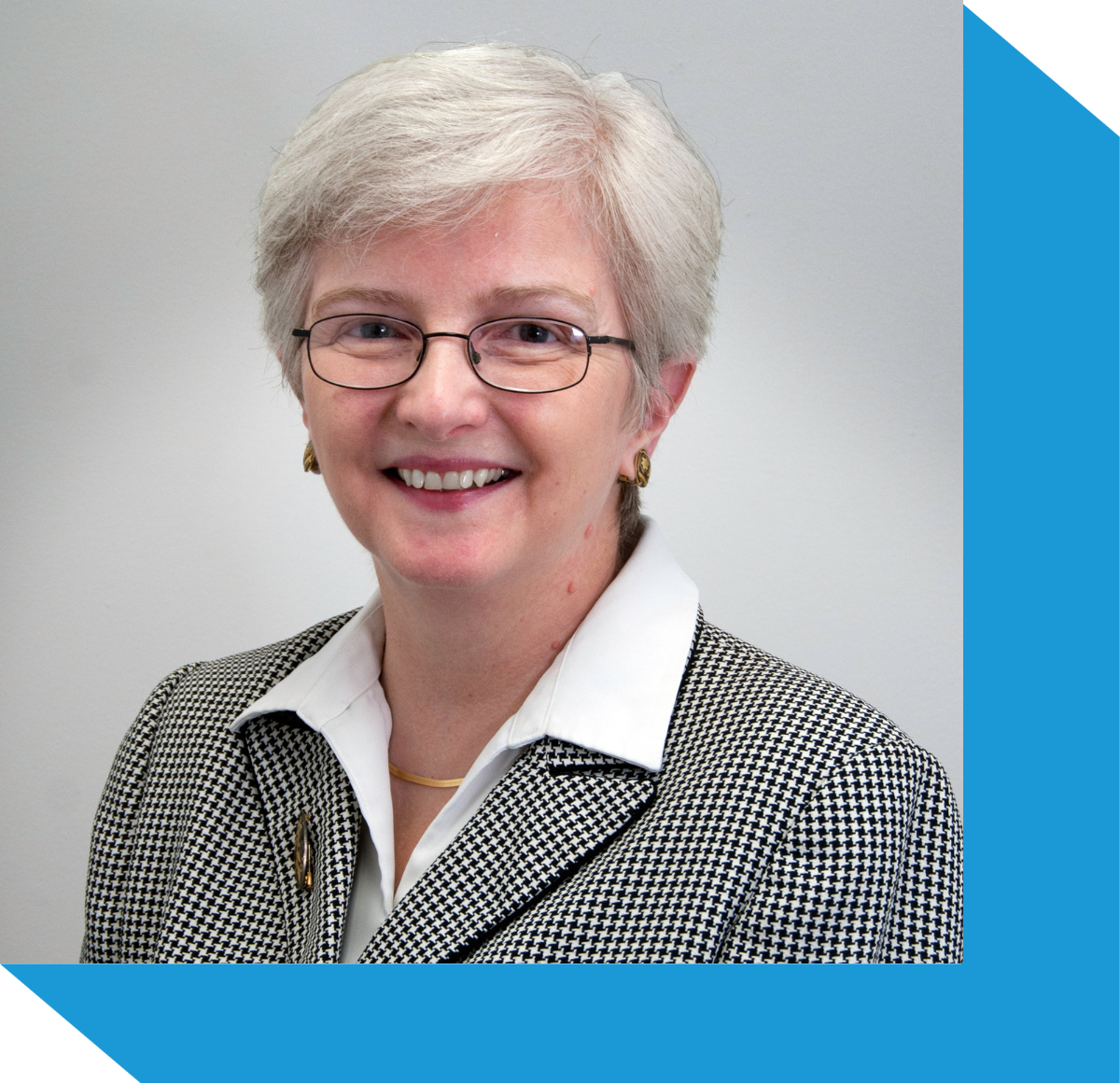 Karen Hunger Parshall - Tuesday, February 28, 2023
Karen Hunger Parshall - Tuesday, February 28, 2023
7PM E.T.
How World War II Shaped the American Mathematical Community
The fall of 1945 marked the establishment of a new world order and the same seemed true of the American mathematical community. “The United States has assumed world leadership,” AMS Secretary John Kline asserted in November. “That leadership brings responsibilities, both for imparting the results to incoming generations and forever widening the frontiers of mathematical truth.” As they saw it, Americans had to set the bar for mathematical training as well as for original research. This talk will explore how they did it.
About the Speaker
Karen Hunger Parshall is Commonwealth Professor of History and Mathematics at the University of Virginia, where she has served on the faculty since 1988. Her research focuses primarily on the history of science and mathematics in America and in the history of 19th- and 20th-century algebra. In addition to exploring technical developments of algebra—the theory of algebras, group theory, algebraic invariant theory—she has worked on more thematic issues such as the development of national mathematical research communities (specifically in the United States and Great Britain) and the internationalization of mathematics in the nineteenth and twentieth centuries. Her most recent book is The New Era in American Mathematics, 1920-1950 (Princeton University Press, 2022).
 Tadashi Tokieda - Tuesday, January 24, 2023
Tadashi Tokieda - Tuesday, January 24, 2023
7PM E.T.
Pure Mathematics as Applied Physics
Humans tend to be better at physics than at mathematics. When an apple falls from a tree, there are more people who can catch it—they know physically how the apple moves—than people who can compute its trajectory from a differential equation. Applying physical ideas to discover and explain mathematical results is therefore natural, even if it has seldom been tried in the history of science. (The exceptions include Archimedes, some old Russian sources, a recent book of Levi’s, as well as my articles and lectures.) A variety of elementary yet surprising examples will be presented.
Please note: At the request of the presenter, a recording is not available.
About the Speaker
Tadashi Tokieda is a professor of mathematics at Stanford. He grew up as a painter in Japan, became a classical philologist (not to be confused with philosopher) in France and, having earned a PhD in pure mathematics from Princeton, has been an applied mathematician in England and America. He is active in outreach, especially via the African Institute for Mathematical Sciences and the youtube channel Numberphile.
Della Dumbaugh - Thursday, November 10
7PM E.T.
"Every Paper Tells a Story: Mathematics at the Monthly"
Over its 128-year history, the American Mathematical Monthly has not only featured a wide array of mathematics on its pages but also a host of other insights related to the discipline. From Nobel prize winning ideas to careers inspired by a local drugstore to mathematical menus created by students, this talk showcases the riches of the Monthly and what they teach us about the profession. This talk also includes tips for publishing in the journal today.
About the Speaker
Della Dumbaugh is a Professor of Mathematics at the University of Richmond and Editor of the American Mathematical Monthly. She feels at home in a mathematics classroom where her teaching has been celebrated by the University of Richmond, the State Council of Higher Education of Virginia, and the Mathematical Association of America. Along with her friend and collaborator, Deanna Haunsperger, she recently published Count Me In: Community and Belonging in Mathematics. She enjoys writing letters the old fashioned way, exercising, and spending time with her family.
Ken Ono - Thursday, October 20
7PM E.T.
"Arithmetic and Geometric Means form Jellyfish Swarms of Curves"
Classical work of Euler and Gauss on "Arithmetic and Geometric Means” (AGM) produces wonderful rapidly convergent sequences with common limit. Euler’s famous formula for pi is an extraordinary example. Here the speaker will introduce the AGM for finite fields, where finite directed graphs are spawned in lieu of infinite sequences. The collection of these graphs reminds one of a jellyfish swarm, as the 3D renderings of the connected components resemble jellyfish (i.e., tentacles connected to a bell head). These swarms turn out to be more than the stuff of child’s play; they are taxonomical devices in number theory. Each jellyfish is an isogeny graph of elliptic curves, and this interpretation gives a striking description of Gauss's class numbers as counts of spots on these jellyfish.
About the Speaker
Ken Ono is the Thomas Jefferson Professor of Mathematics at the University of Virginia and the Chair of Mathematics at the American Association for the Advancement of Science. He has published over 200 research articles in number theory. Professor Ono has received many awards for his research, including a Guggenheim Fellowship, a Packard Fellowship and a Sloan Fellowship. He was awarded a Presidential Early Career Award for Science and Engineering (PECASE) by Bill Clinton in 2000, and he was named the National Science Foundation's Distinguished Teaching Scholar in 2005. He was an associate producer of the 2016 Hollywood film The Man Who Knew Infinity, which starred Jeremy Irons and Dev Patel. Earlier this year he put his math skills to work in a Super Bowl week commercial for Miller Lite beer.
Naiomi Cameron - Thursday, October 6
7PM E.T.
"A Journey in Combinatorics with the Riordan Group"
A Riordan array is an infinite lower triangular array of numbers that is determined by a pair of generating functions meeting certain conditions. Riordan arrays can be effectively used to study many types of combinatorial problems, including the enumeration of lattice paths, plane trees and partitions. Moreover, under the right conditions Riordan arrays form a group, creating an algebraic structure out of which new combinatorial insights can be drawn. This talk will explore how the Riordan group can be used to discover interesting combinatorial identities and will also relate some well-known combinatorial problems to algebraic structure in the Riordan group.
About the Speaker
Naiomi T. Cameron is a Professor in the Department of Mathematics at Spelman College where she also currently serves as Department Chair. Her primary research interests are in enumerative and algebraic combinatorics. She shares her love of mathematics through teaching undergraduate courses, mentoring undergraduate research experiences and a variety of professional activities. She is a proud HBCU alum, having received both her Ph.D. and B.S. degrees in mathematics from Howard University.
 Sara Del Valle - June 29, 2022
Sara Del Valle - June 29, 2022
7pm E.T.
"How Can We Use Mathematics to Model Human Behavior?"
The COVID-19 pandemic demonstrated the important role human behavior plays in the spread of infectious diseases and how individual decision making can have an effect at the aggregate level. In this talk, I will discuss how epidemiological models can integrate emergent behavioral dynamics and their impact on disease spread.
About the Speaker
Sara Del Valle is a senior scientist in the Information Systems and Modeling Group at Los Alamos National Laboratory. She leads a multidisciplinary team focused on detecting, understanding, and forecasting infectious diseases using heterogeneous data streams and mathematical, computational, and statistical models. Her work has been covered in several top media outlets such as National Geographic, NPR Science Friday, Popular Mechanics, and the New York Times. Outside of work, she enjoys skiing, yoga, hiking, and spending time with friends and family.
 Michael Lopez - June 7, 2022
Michael Lopez - June 7, 2022
7pm E.T.
"Using Data to Optimize the Rules of the National Football League"
Each offseason, the National Football League considers a bevy of rules proposals based on factors such as competitiveness, officiating, and health and safety. Using case studies from recent seasons, we explore how the league’s Football Data and Analytics team has supplemented these discussions using tools from statistics and mathematics.
About the Speaker
Michael Lopez is a Senior Director of Football Data and Analytics at the National Football League. At the NFL, his work centers on how to use data to enhance the game of football. Michael earned a BA in Mathematics at Bates College, an MS in Statistics at UMass, and a PHD in Biostatistics at Brown, before teaching at Skidmore College for four years. He grew up the son of a long-time high school football coach, who once joked that his son’s 40-yard dash needed a calendar for timing because of how long it took.

Nathan Carter - March 23, 2022
7PM E.T.
"Mathematics in Data Science"
The exploding field of data science has some unexpected connections to pure mathematics, from simple ideas like functions and relations to more advanced ideas like proof writing. Those connections will be our on-ramp to two fascinating open research questions in machine learning.
About the Speaker
Nathan Carter works in the interplay between mathematics and computer science. He mostly writes software and books, such as Visual Group Theory (MAA, 2009), Introduction to the Mathematics of Computer Graphics (MAA, 2016), and Data Science for Mathematicians (editor, Taylor & Francis, 2020). His primary interests are logic, mathematical visualization, and data science. He is currently serving as a Wilder Teaching Professor at Bentley University near Boston.

Alexander Diaz-Lopez - February 23, 2022
7PM E.T.
"Encryption Methods: Past, Present, and Future"
The history of cryptography, the study of techniques for secure communication, is filled with intellectual discoveries, ethical dilemmas, and massive challenges. In this talk, we will discuss some of the most important encryption methods of the past and present and then chat about what a post-quantum future might hold.
About the Speaker
Alexander Diaz-Lopez is an award-winning teacher and math researcher currently working at Villanova University. Born and raised in the archipelago of Puerto Rico, Alexander attended the University of Puerto Rico, Mayaguez and then moved to the University of Notre Dame to obtain his PhD in Mathematics. He has been involved in organizing several initiatives such as Lathisms, Villanova’s Co-MaStER program, and MAA’s Virtual Programs, among others.
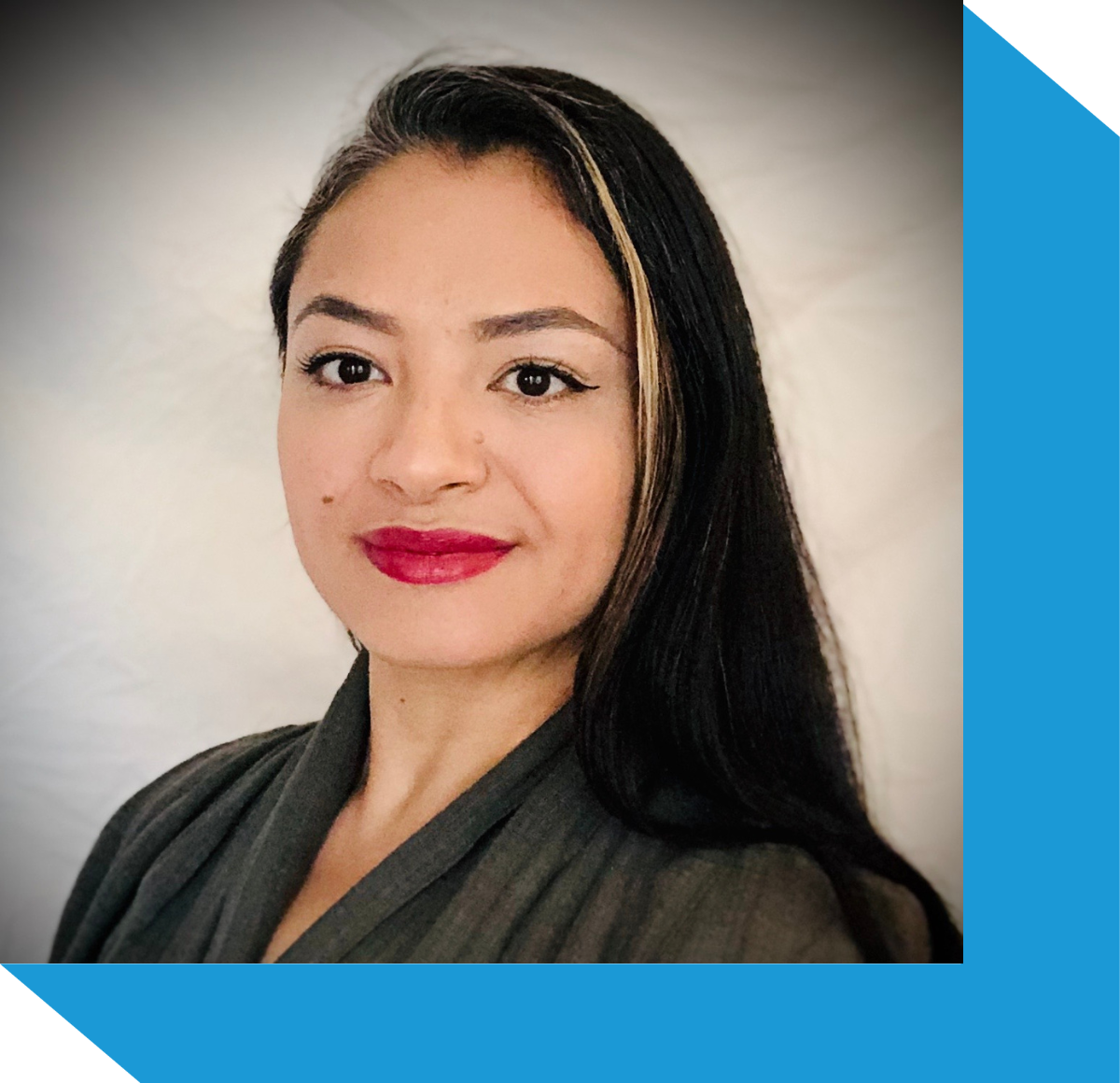 Pamela E. Harris - January 27, 2022
Pamela E. Harris - January 27, 2022
7pm E.T.
"Multiplex Juggling Sequences and Kostant's Partition Function"
Multiplex juggling sequences are generalizations of juggling sequences (describing throws of balls at discrete heights) that specify an initial and terminal configuration of balls and allow for multiple balls at any particular discrete height. Kostant’s partition function is a vector function that counts the number of ways one can express a vector as a nonnegative integer linear combination of a fixed set of vectors. What do these two families of combinatorial objects have in common? Attend this talk to find out!
About the Speaker
Pamela E. Harris serves as Associate Professor in the Department of Mathematics and Statistics and Faculty Fellow of the Davis Center and the Office of Institutional Diversity, Equity, and Inclusion at Williams College. She cohost the podcast Mathematically Uncensored and serves as President of Lathisms: Latinxs and Hispanics in the Mathematical Sciences. Her research interests are in algebra and combinatorics, particularly as these subjects relate to the representation theory of Lie algebras. For fun she likes to (dead)lift heavy things and spend time with her partner Jamual, daughter Akira, and three dogs: Bubba (American bulldog), Ginger (black lab), and Scottie (beagle mix).

